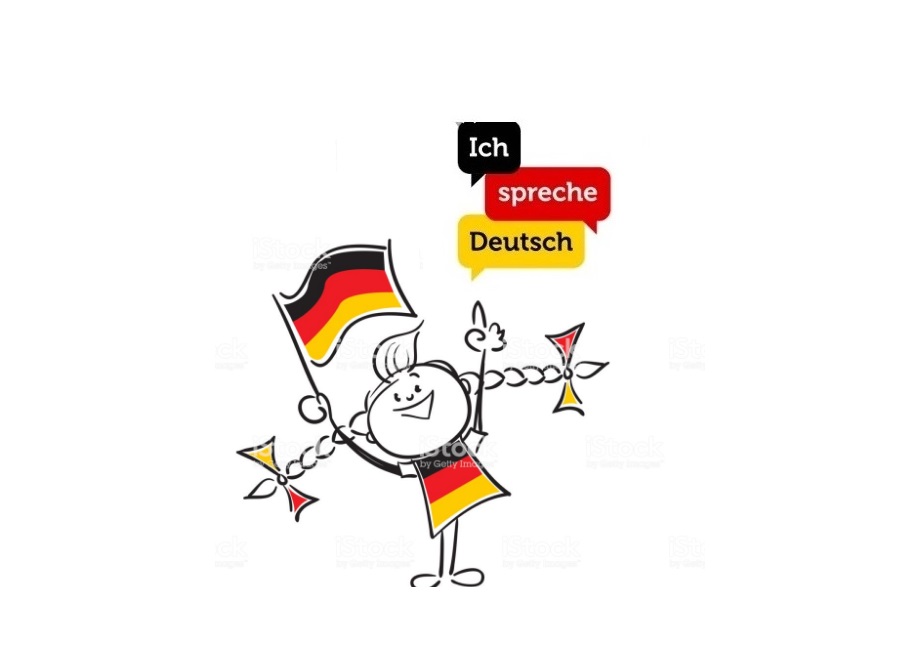Click here to test your German

Download our Best Learn German App
Learning the months of the year is fundamental to any language.
The months of the year are part of basic vocabulary that are mentioned frequently in any language.
When learning the German language, you should master the calendar and how to communicate about it. This is a very important elementary milestone in learning how to communicate in German.
It enables you to express dates correctly and talk about events and when they happened or will happen without fumbling. English speakers and other languages related to German might be relieved to see that the names of the months in German look similar to what they already know, but it is very important to know the right spelling and pronunciation in German.
Here is a list of the months of the year in German and how they are pronounced.
Months of the Year / Monaten des Jahres
| English | German | Pronunciation in German |
| January | Januar | yah-noo-ahr |
| February | Februar | fay-broo-ahr |
| March | März | mehrts |
| April | April | ah-pril |
| May | Mai | my |
| June | Juni | yoo-nee |
| July | Juli | yoo-lee |
| August | August | ow-goost |
| September | September | zehp-tehm-ber |
| October | Oktober | ok-toh-ber |
| November | November | no-vehm-ber |
| December | Dezember | deh-tsem-ber 4 |
Just like in English, the months of the year in German can be abbreviated orrather written in short forms. For you to do that, it is very simple: just pick the first3 letters of the month.
Here is how they are written:
| Januar …………………………..…… Jan |
| Februar ……………………..………… Feb |
| März ………………………..…..….… Mär |
| Apri ………………………….….…… Apr |
| Mai …………………………………… Mai |
| Juni …………………………………… Jun |
| Juli ……………………………….…… Jul |
| August ….…………………..….….… Aug |
| September …………………..…..……Sep |
| Oktober ………….…………..……..…Okt |
| November ………………….…….… Nov |
| Dezember ………………………………… Dez |
All nouns in German have gender, months of the year being a group of nouns
that fall under masculine, they use the article ‘der’ to replace the English definitearticle “the”.
Here is how they should be written :
| German | English |
| der Januar | the January |
| der Februar | the February |
| der März | the March |
| der April | the April |
| der Mai | the May |
| der Juni | the June |
| der Juli | the July |
| der August | the August |
| der September | the September |
| der Oktober | the October |
| der November | the November |
| der Dezember | the December |
To say in a particular month in German, use im. Examples:
| German | English |
| im Januar | in January |
| im Februar | in February |
| im März | in March |
| im April | in April |
| im Mai | in May |
| im Juni | in June |
| im Juli | in July |
| im August | in August |
| im September | in September |
| im Oktober | in October |
| im November | in November |
| im Dezember | in December |
Examples in a sentence:
| German English |
| Wann hast du Geburtstag? ……………………..When is your birthday? |
| Mein Hochzeitstag ist im Oktober…….…… My wedding day is in October |
| Wann hast du Abschluss? ………………… When is your graduation? |
| Mein Abschluss ist im Dezember ……………My graduation is in December |
| Wann hat Jane Geburtstag? ……………….. When is Jane’s birthday? |
| Janes Geburtstag ist im Oktober …………….Jane’s birthday is in October |
Seasons of the Year in German
| English German |
| Spring ………….……. der Frühling |
| Summer ………….….. der Sommer |
| autumn ………………. der Herbst |
| winter…………….…… der Winter |
To express that something happened or happens in a specific season we use im.
| German | English |
| im Frühling | in spring |
| im Sommer | in summer |
| im Winter | in winter |
| im Herbst | in autumn |
Examples in Sentences:
| German English |
| Es schneit im Winter ……………………..…………. It snows in winter |
| Es ist immer heiß im Sommer ……………….….…. It is always hot in summer |
| Blätter fallen im Herbst von den Bäumen ………….. Leaves fall off the trees in autumn |
| Die Blätter wachsen im Frühling ……………………. Leaves grow in spring |
Click here to test your German

Download our Best Learn German App

